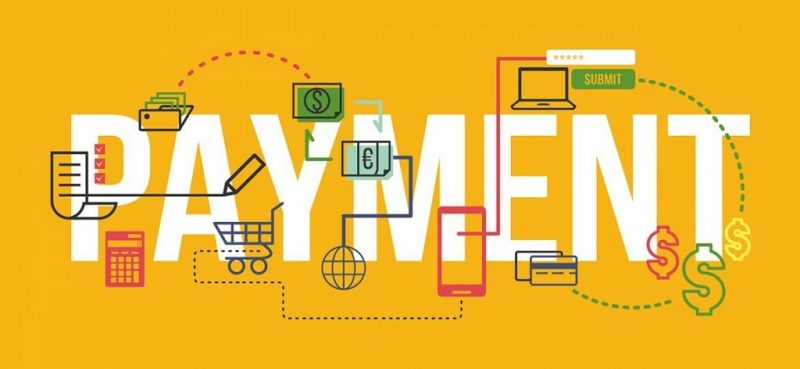The world of online payments is changing the way money moves around the globe. There are thousands of payment networks operating in every market, from interbank finance to credit cards and crypto.
Transaction speed matters most online. Networks that can’t process payments fast enough to meet customer demand end up experiencing bottlenecks and problems that delay transaction times. If you’re gaming online, you want instant withdrawal casinos to process a payment fast.
You must check the payment methods before signing up for the platform, or you could experience delays with your withdrawal. It’s the same with other retailers and merchants. The faster your payment process, the more business you can accommodate.
Whether you’re a merchant that’s processing eCommerce transactions, a gamer looking to make an instant deposit, or you’re trying to send money to family members in another country – you need the fastest payment processing times possible.
In this post, we’ll look at the fastest payment processing methods.
Debit and Credit Card Payments
Debit and credit cards offer you the fastest transaction times. The Visa payment network can process 65,000 transactions per second, making it the world’s fastest payment platform for digital commerce.
Visa and MasterCard have similar speeds, and both offer encrypted transactions using military-grade technology that’s impossible for hackers to penetrate.
The speed, reliability, and security around credit card payment networks are the best in the world, and cases of hacking accounts are rare. Typically, if you have an issue with fraud, the card-issuing company will investigate and refund the stolen money if they find your case is genuine.
E-Wallet Payments
E-wallets are a rising trend in the online payments market. With the introduction of PayPal in December 1998, the global e-wallet race began. A decade or so later, there are plenty of alternatives to PayPal.
With E-wallets, you get fast payments anywhere in the world, with transaction times averaging a few minutes.
PayPal – The leader in e-wallets, PayPal, has a solid reputation for trusted online payments. It’s available for all types of online transactions, from retail purchases to sending people money overseas. However, like most e-wallets, transactions are somewhat expensive, at around 4% of the total amount transferred. PayPal also lets you transfer out into your bank account, but you’ll have to wait for three to five business days. PayPal processes around 5-million transactions each day.
Skrill – Skrill is another excellent choice for an e-wallet. They’re gaining market share every day and offer a similar platform and payment service to PayPal. However, transfers are faster, reflecting in your account immediately.
Neteller – Another well-recognized e-wallet service with a solid reputation. This service is a favorite with online gamers, and it features low transaction fees.
EcoPayz – This company offers a range of financial services. With EcoPayz, you can withdraw money from your e-wallet to a prepaid debit card. EcoPayz operates in 45-currencies and has support for seven languages.
Paysafecard – With Paysafecard, you get a 16-digit PIN protecting your account. You can link the card to your credit or debit card account or your bank account, making easy top-ups on your Paysafecard for online gaming.
IDebit – This payment service is a favorite with Canadians, Australians, and New Zealanders. You can link it to your bank account for safe, secure online payments and withdrawals. However, the service may only operate regionally in your country and might not process international payments, depending on your country of residence.
Crypto Payments
Cryptocurrency payments are the next best thing to credit cards, debit cards, and e-wallets payments. Crypto markets shot to fame as its posterchild; Bitcoin rose to near $20,000 per coin in later 2017. Today, Bitcoin continues to climb, recently touching the $16,000 mark.
Crypto is a rising market and the future of payments. Currently, transaction times are slower than e-wallets, with the Bitcoin network only processing around five transactions a second.
However, the Ripple network is much faster, allowing for up to 1,500-transactions per second. For this reason, the financial markets are switching from the outdated LIBOR system for interbank payments to the SOFR network in January 2021.
SOFR has backing from the Ripple network, allowing central banks and large commercial banks to make faster payments, improving liquidity in the interbank market.
